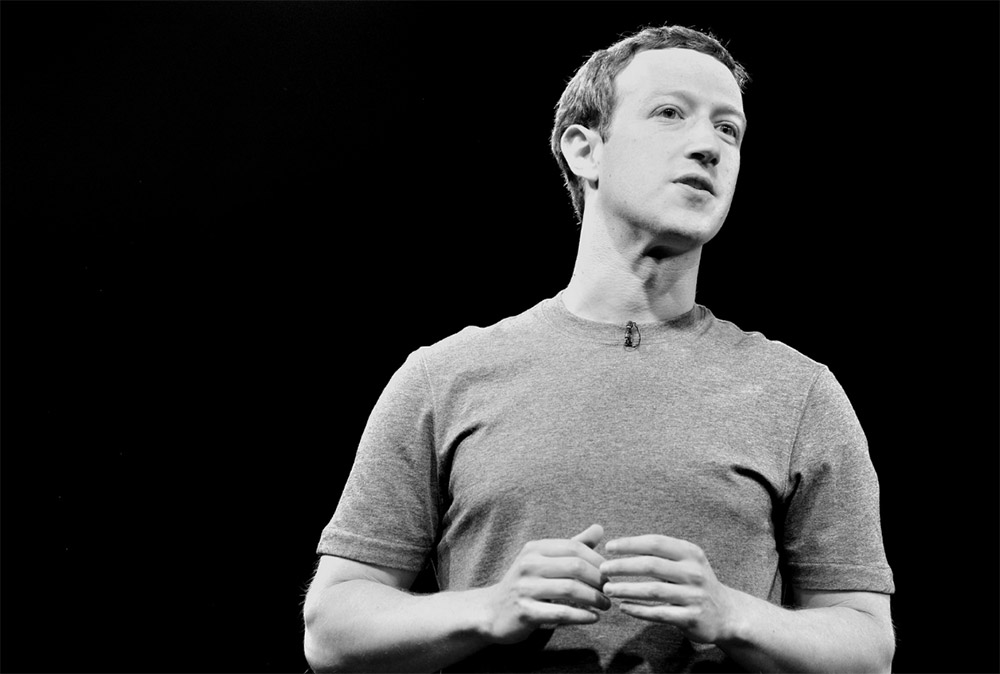Mark Zuckerberg might not be everyone's favourite person when it comes to privacy, but he has pledged to give away 99 per cent of his Facebook shares throughout his lifetime – worth an estimated $24 billion. To help him do that without losing control of the company, Facebook's board has approved the creation of a new class of shares.
These new shares, known as Class Cs, can be given away to whoever Zuckerberg wants, but they won't give the recipient voting rights within the company. That way, should Zuckerberg give shares to charities or sell them and give the money away, if someone was to buy up a lot of them, they wouldn't be able to take control of the social network.
Source: Alessio Jacona/Flickr
Giving them away won't diminish Zuckerberg's own voting powers within Facebook itself either, we're told. He'll maintain his class A and Class B shares, which is good for him, as he said at the company's annual general meeting, that he plans to stay at the helm of Facebook “for a very long time,” as per Reuters.
The recent meeting also saw the reappointment of each of the eight board members for another term, so the guard is not changing at Facebook any time soon.
Discuss on our Facebook page, HERE.
KitGuru Says: This is an interesting move, as Facebook board members have previously expressed interest in having Zuckerberg's shares not pass down voting rights to whoever inherits them. There is some concern that with his large stake he could end up as a Facebook monarch, which his first born taking control of the company if something should happen to the founder.
 KitGuru KitGuru.net – Tech News | Hardware News | Hardware Reviews | IOS | Mobile | Gaming | Graphics Cards
KitGuru KitGuru.net – Tech News | Hardware News | Hardware Reviews | IOS | Mobile | Gaming | Graphics Cards



